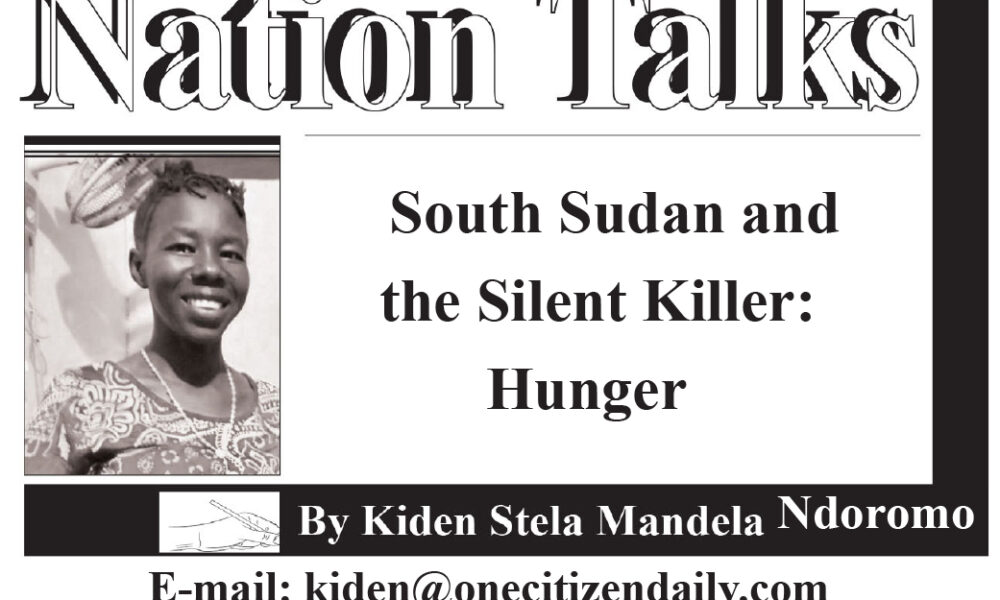The crisis gripping South Sudan today is not primarily one of bullets, but of empty plates. A vast majority of our citizens, even those who rely on aid, now suffer more acutely from hunger than from gun violence. The trauma of conflict has been replaced by the daily agony of the skyrocketing cost of living.
For the average citizen, the high prices are catastrophic. Without access to their farms, families are utterly dependent on a market where commodity costs have become insurmountable. What used to be a one-day meal now stretches across two or more days of absolute want.
The desperation is a direct result of our collapsing economy. The South Sudanese Pound (SSP) continues its freefall against the dollar. Since essential goods are priced at black market exchange rates, the dollar has effectively become South Sudan’s main currency, a tragic irony given the SSP is our legal tender.
This situation cripples everyone, including the working class. Yet, the authorities tasked with economic governance have failed to establish a uniform market price. This systemic negligence suggests a fatal detachment from the reality on the ground.
Unless drastic action is taken, the death toll from this hunger crisis will soon surpass the tragedy of the 2016 crisis. The victims this time are not soldiers but every South Sudanese children, women, and men. Our leaders created this crisis, and their slow, insulated response suggests they do not share the suffering of the citizens. The calls for peace ring hollow when they are drowned out by the roar of a hungry belly.
It is profoundly frustrating to witness leaders who appear consumed by self-interest and greed. They seem to view their positions not as a public trust, but as a divine right, this posturing is a transparent intimidation tactic, forcing citizens into a state of humble submission.
This is the mortifying heart of our nation’s failure: a leadership that uses their power to enrich themselves and defend corrupt practices with callous indifference. The system has failed from the top down due to a catastrophic absence of accountability in every government institution.
Corruption is rampant. Civil servants look sickly because leaders have siphoned resources intended for the populace. The lie that “riches are not forever” is a truth our officials seem determined to test.
The daily struggle is reduced to securing basics like maize flour and salt. Even essential commodities like water are priced out of reach, with a barrel costing SSP 80,000 within towns who knows in various areas and ironically, it is often foreigners who control the supply. We must ask ourselves: Is this the legacy right,
Many citizens have abandoned their villages, sacrificing trade and small-scale farming, believing Juba is the only sanctuary. They enter the city only to find a new, deadlier danger: the relentless threat of starvation.
I implore our leaders to urgently improve their communication with the nation, and more critically, to shift their entire focus to the well-being of the citizens.
God Protect South Sudan.
Be the Spectator




